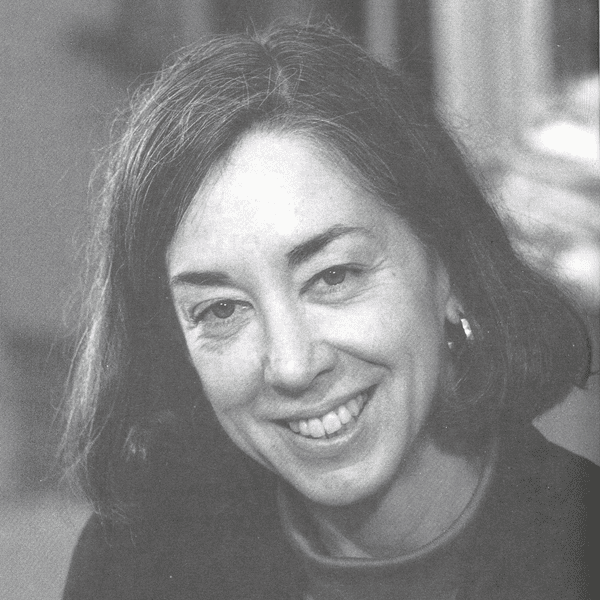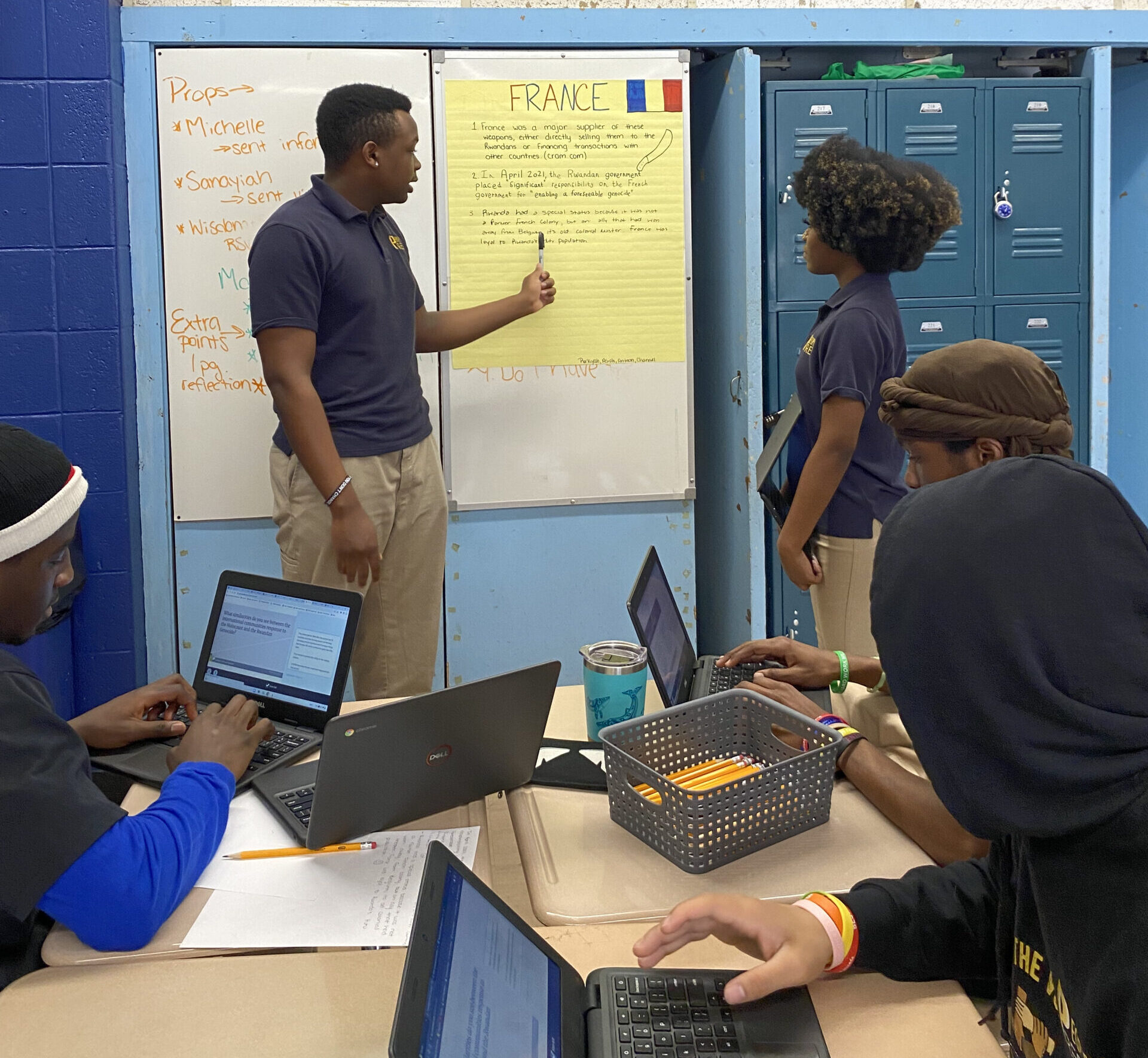“I’m going to retire,” I told a colleague. He was outraged. “What an ugly term,” he said. “We need to find another word for it.” The remark surprised me, for the word is, in my judgment, usefully multivalent. I think back to the advertisement “Time to Re-Tire,” which was created by Burr E. Giffen in 1907 for the Fisk Tire company, was later popularized by a series of Norman Rockwell paintings, and became one of the most famous images in American advertising history. In some early versions, a little boy in footed pajamas, yawning and holding a tilted candle, points to a tire at his feet, but in the iconic form he carries the tire slung over his shoulder (a version of which is shown in the image at right). Children in the mid-20th century grew up with Fisk Tire Boy dolls and night lights, and in the automobile trips of my childhood in the 1940s the ad was one of the most amusing on those stretches of roadside that were, in the days long before highway beautification legislation, crowded with signs and slogans. It conjured up not only withdrawal into pleasant slumber but also equipping one’s vehicle with new apparatus for travel. What could be a better motto for the career stage most of us enter at some point over age 65?
But I am aware that my colleague’s response was not really about the term I used. It was about the fact. He was angry at any suggestion, however implicit, that he should retire. And over the year in which I prepared for retirement, I found that the term indeed induced reactions of such astonishing anxiety and bitterness that I became hesitant even to mention my plans. Yet since the elimination by Congress in 1993 of mandatory retirement for tenured faculty, the decision about when and whether to retire rests on each of us and on our department colleagues. Thus the future of the profession depends in part on how we negotiate this transition.
In August 1991, the Commission on Behavioral and Social Sciences and Education conducted a study to suggest what the consequences would be of uncapping retirement for tenured academics. They predicted that, at most colleges and universities, faculty would elect to retire at or shortly after 70, but that at some research universities a high proportion would choose to remain. Anecdotal evidence suggests that these predictions have been fairly accurate, and recent research indicates that the biggest determinant in the former group is marital status, married people being likely to retire earlier than unmarried, for complex reasons.1 My purpose here is not to rehearse the various statistical studies that have been made of such patterns, nor do I intend to address the lively internet debate sparked by Mark Taylor’s op-ed piece for the New York Times in April 2010 calling for restoration of mandatory retirement. My purpose is rather to talk about what the retirement of individuals contributes to them as scholars and to the historical discipline.
I am not insensitive to the financial pressures felt by academics who have started second families or are supporting adult children in our troubled economy. I note, however, that some of those who are most resistant to retirement teach in places where generous plans mean that, over age 65, pension equals salary. I am, moreover, not without concern about the threat to whole areas of the humanities represented by the tendency of administrations to replace tenured faculty with adjuncts, although I suggest that this is an evil to be fought on its own terms not one that will be solved by the determination of a few older professors to hold onto their positions. Taking all things together, however, and with recognition that retirement is a matter of individual choice, I argue that it should be embraced; not feared, postponed, or avoided.
The advantages for personal fulfillment are, I should have thought, obvious. Retirement can be what a sabbatical is rumored to have been once, in a golden past that probably never existed: time to read without pressure to produce, the opportunity to catch up on long-postponed areas of interest or to branch out into something new. If one really wants to retread one’s scholarly vehicle, one can do it in retirement, so long as one does not wait to take the opportunity until illness or fatigue or forgetfulness make this unlikely. For it is important not to deny that aging does bring its problems: tasks take longer; the pain of arthritis and the decline of short term memory are real. If one wants to read up on new areas such as “thing theory” or “deep history” and also find time for that morning cup of coffee with the newspaper, the freedom and rhythms of retirement can make this possible.
It is also crucial to recognize that one is unlikely to find a completely new voice after about age 50. This is a truism but nonetheless true, whether one considers teaching, research, or publication. A revolutionary course crafted in the last century will not be revolutionary in 2011; this does not mean it will not be useful and challenging to students, but why should we not step aside and allow a younger colleague the space to create something genuinely revolutionary, however hesitant we may be about trusting the judgment of our academic grandchildren? After all, any retired professor who really wants to teach can find employment as an adjunct. The breakthrough books of the 1980s are, one hopes, still influential in 2011, but they will no longer be revelatory; rather they will be positions to be rebelled against. Why should those of us in research universities and institutes not embrace this realization and vacate our positions so that younger scholars can take those places and have the research support and time to craft their own breakthrough books? There are, after all, many opportunities for dynamic conversation and mentoring other than the graduate seminar; there are almost too many opportunities to publish in the encyclopedias and journals that proliferate at an alarming rate.
All this focus on the anxieties of the individual scholar sounds a bit defensive. But, in closing, I want to underline some quite positive benefits for the profession. Younger professors need to be reviewed for tenure, manuscripts need to be vetted for publication, catalogues of libraries, collections, and archives need to be written; graduate students need to be prepared for job interviews and advised about submitting journal articles; undergraduates and recent immigrants in the continuing education programs on our campuses need guidance in writing resumes and approaching employers; high school and community college students need the sort of advice about college applications or transfers that can come from those who have actually taught in college. All of these are pedagogical and scholarly roles we can fill with more time and commitment once we retire.
Moreover, in view of the quite astonishing pressure young historians are under these days, it may be that older members of the profession can provide a counterweight. We have the time to intercede with university administrations to defend the humanities, to plead for library budgets, to review books with the kind of thoughtful assessment that situates the work in a broad field of research. Those of us who are women or members of minority groups can both suggest strategies to counter lingering patterns of discrimination and provide reality testing by showing how far we have really come. Today’s graduate students sometimes find that their advisers—made anxious, even cynical, by mid-career pressures—exacerbate student anxiety about the market or advise that net-working outweighs quality of research in career advancement. Retired scholars have the time for leisurely talk, whether about bibliography or pedagogy or life. They can bolster in the young confidence that it is acceptable to put quality and commitment before speed and productivity—to take the extra time needed, for example, to craft a first-rate syllabus or to rewrite a dissertation once again before submitting it for publication.
The Fisk Tire Boy may yawn and let his candle wobble, but he also shoulders some heavy equipment. Whichever piece of this iconography we choose—whether relaxing or re-treading—I think “retiring” requires no euphemism and need induce no more anxiety than any other studied decision. If we as individuals choose wisely when and how to re-tire, the benefits for the future of the discipline will be substantial.
Note
- See, for example, Nicholas H. Wolfinger, Mary Ann Mason, Marc Goulden, Karie Frasch, “Understanding Faculty Retirement: A Longitudinal Analysis using Data from the 1981–2003 Surveys of Doctorate Recipients”, paper for 2009 American Sociological Association, (last accessed 6/20/12). And for an example of opinion, see Henry R. Huttenbach, “To Retire or Not?” Chronicle of Higher Education, November 25, 2003 (last accessed 6/20/12). [↩]



